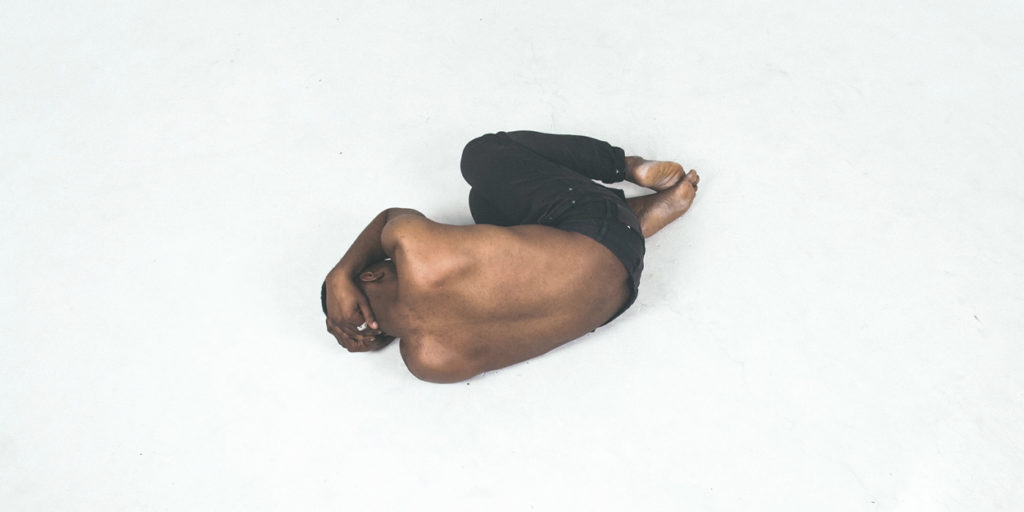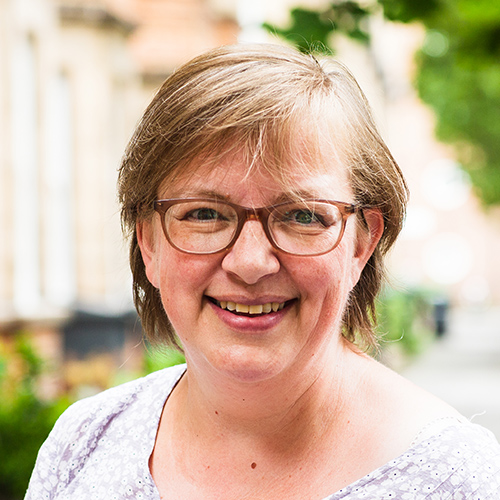“Whenever you feel sad, just remember there are billions of cells in your body and all they care about is you.”
“Let it all go. Expect miracles. Wait without anxiety. And know the universe has your back.”
These are just two of the encouraging and ‘inspirational’ messages I saw on a recent visit to a high street card shop. There were dozens of others.
I find it all deeply depressing. Not the messages themselves, but the fact that they are needed. The fact that a sufficient proportion of the population is sad enough, anxious enough and insecure enough to make it worthwhile for card companies to churn out thousands and thousands of reassuring platitudes on cards embossed with golden stars.
We are living in a very fear-filled culture. From climate change and Brexit to the fear of being seen in public without makeup, or of not giving your kids the right academic or sporting opportunities. There is much to be anxious about.
It’s ironic, really, because all this fear has risen up in an era in which there is actually much less to fear in the world than there has been at almost any previous point in history. Hans Rosling spent the last dozen years of his life working to change the narrative of negativity in the world. In his 2018 book Factfulness, Rosling spends 250 pages setting out ways in which the world is better – healthier, safer, more hopeful – than the vast majority of us think it is. “In the last 20 years,” he says, “the proportion of the world population living in extreme poverty has almost halved. … Almost all human beings alive today have some access to basic modern health care. … 60 percent of girls finish primary school in low-income countries.”
Things are getting better, everywhere.
You would think that solving – or being on the way to solving – most of our actual problems would make us more confident, secure, hopeful individuals. We canmake a difference in the world! Yet we’re more anxious, depressed and pessimistic than ever. The question is, why – and is there anything we can do about it?
We can blame the usual suspects – the media, social media, living in a meritocracy (which by its very nature rewards those who achieve and accomplish beyond the norm, and thereby perpetuates a fear of failure throughout our school system and across our workplaces). But these things only feed the fears that already exist.
And the things we fear point towards what we are putting our trust in, what we are hoping for. We believe the reports that things are getting worse in the world because we are putting our trust in our sense of power or control. We fear being seen without makeup or being visited when the house isn’t spotless because we put our trust in having the good opinions of others. We fear failing our studies, or being overlooked for promotion at work, because we put our trust in academic or professional success. If we lose any of these things – power, praise or prestige – we fear that we will no longer have value in this world.
So how can we combat that? How can we live with confidence? All the world has to offer is the message on those greetings cards: don’t worry if everyone looks down on you – at least your skin cells care about you! Don’t be anxious about that redundancy threat – the universe is looking after you!
What a hopeless ‘reassurance’! No, the billion (or so) cells in your body don’t care about you. The universe hasn’t got your back. They don’t even know you exist!
Yet these messages do point to the truth. They illustrate that the solution is not to be more powerful, more perfect or more highly promoted – the heart of each of those fears is a yearning to be loved, a desire to be accepted.
And this is precisely what Christianity offers – an all-knowing, all-powerful God who knows you intimately and loves you infinitely. Someone who does care about you and has got your back. Someone whose perfect love drives out all fear. You don’t often see that on a greeting card, but it offers me a lot more hope than the idea that an impersonal ‘universe’ is looking out for me, one that may or may not be benevolent.
If we want to find hope in a fearful world, perhaps we should listen to our fears more – they might be trying to tell us something.



